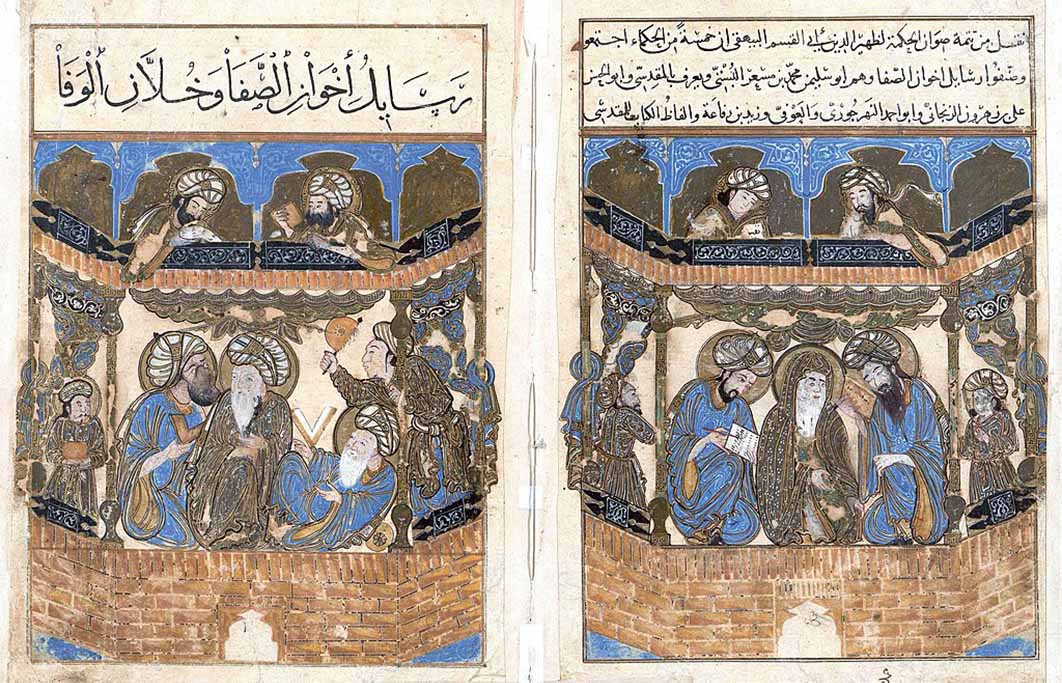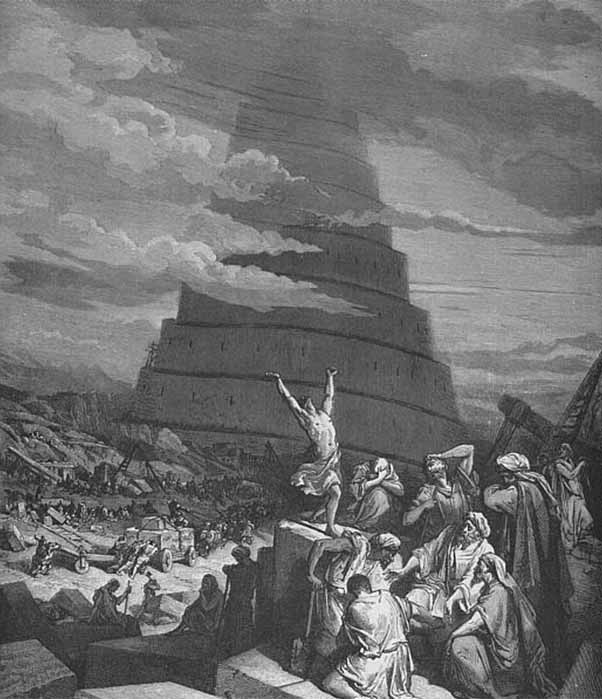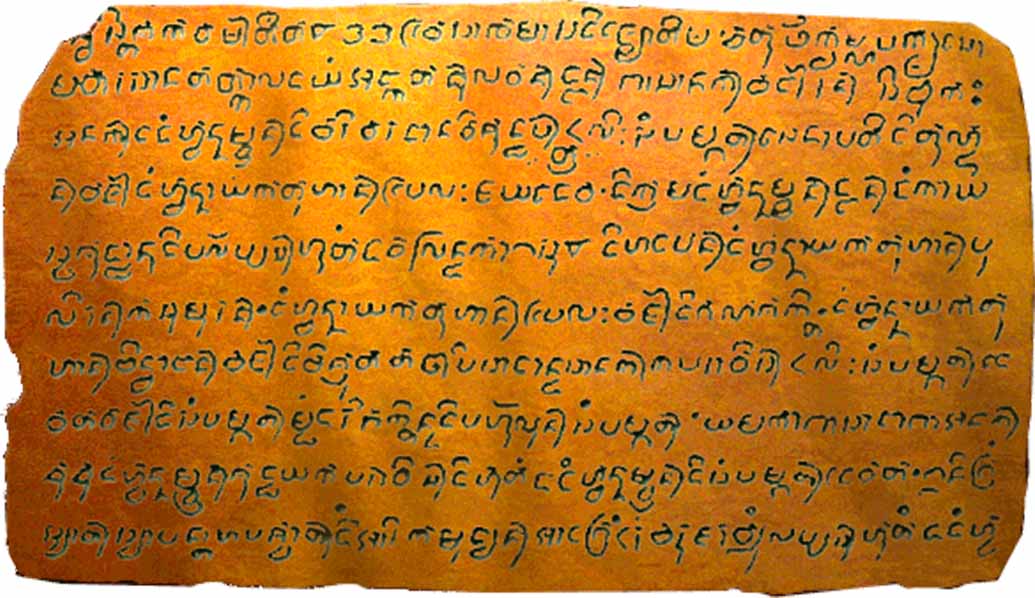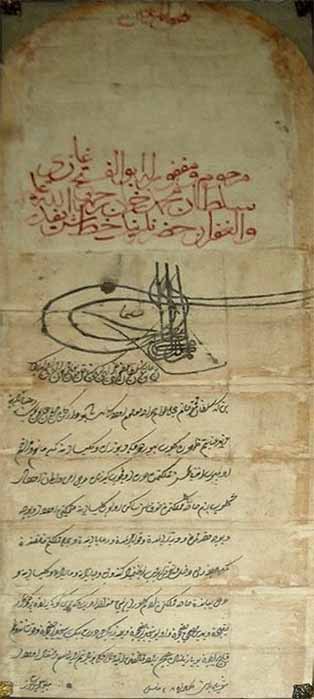
A Word On Polyglots Of The Ancient World
The most well-known tale of how different languages came to be, at least in areas where Judaism and Christianity are prevalent, is recorded in the Bible, in Genesis 11:1–9. According to the narrative, at one point in history, everyone who had survived the Great Flood caused by God's wrath, spoke the same language and settled in a place in the southern region of Mesopotamia called Shinar. As they began their new lives there, the people believed it would be a good idea to begin construction on a skyscraper as tall as the heavens, to reach God. However, God was not impressed by these ambitions and cursed everyone working on the tower, by turning their speech incomprehensible to one another and dispersed them all over the world. The city in which the tower was built was later named Babel and the narrative is the Tower of Babel.

The Confusion of Tongues, depicting the Tower of Babel from Abrahamic myth, by Gustave Doré, (1865) (Public Domain)
There is also a Hindu tale about the birth of languages. The story tells that there was once a very tall tree that sprouted from the earth's core. The tree was known as the "World Tree" or "Knowledge Tree”. The tree grew to be nearly as tall as the heavens. Instead of stopping, the tree chose to keep growing so that its head would be in heaven and its branches would be on earth, allowing all humans to congregate under it and never separate. However, when Brahma, the god of creation, discovered the tree's plans, he punished the tree by cutting off all its branches and scattered them all over the land. Where each branch fell, a new tree sprouted, bringing with it a new language and culture for humanity.

The Laguna Copperplate Inscription is the oldest record of Tagalog polities and their syncretic beliefs and culture with Hindu-Buddhism (Public Domain)
In South Australia, a tribe in Encounter Bay tells a story about a very pugnacious elderly woman named Wurruri. Wurruri liked to walk with a broad stick in her hand and, for her own amusement, scatter flames around the people who were sleeping. Wurruri disliked being around other people and the feeling was apparently mutual. When Wurruri eventually died, the people dispatched messengers to all regions to announce her death. Men, women, and children gathered not to weep, but to rejoice that they would never have to be agitated by her again. The Raminjerar were the first to fall upon Wurruri’s corpse and began eating her flesh. After eating her flesh, the Raminjerar became the first people to speak clearly in a particular language. Later, other tribes started arriving and ate the contents of Wurruri’s intestines. This caused them to speak a different dialect. The northern tribes arrived last and consumed Wurruri’s guts and anything else that remained. They then immediately started speaking a language that differed greatly from that spoken by the Raminjerar.

Mehmed II – a polyglot – issued this ahidnâme or Bill of Oath - to the Catholic monks of the recently conquered Bosnia, 1463, granting them full religious freedom and protection (Public Domain)
Latin a Historical Universal Language
Currently, more than half of the world's population is multilingual. Then there are polyglots, people who can speak at least five languages fluently, rather than just one or two. This is not an anomaly as the desire to be able to converse in several languages is as old as human history itself. In the Ancient Near East, Akkadian was the language of diplomacy.




